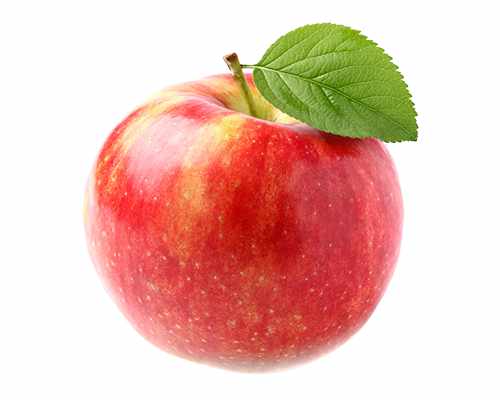9,2
/10
customer satisfaction

In this first month of 2022, we look back at the most important scientific breakthroughs in cardiology from the previous year. This time we dive into the world of carbohydrates.
Written by G. Aernout Somsen, MD PhD FACC FESC.
Original source: Cardiology Centers Netherlands
Carbohydrates are an important source of energy. These are absorbed from the intestine into the blood and broken down into sugar (glucose) so that your body can function. But did you know that there are different carbohydrates?
There are ‘slow’ and ‘fast’ carbohydrates. The first cause a gradual increase in the glucose concentration in your blood, the second an abrupt increase. The degree of glucose rise in the blood is expressed in the glycemic index. This index is not only specific for each food, but also for each person. A high glycemic index (due to ‘fast’ carbohydrates) is a risk factor for cardiovascular disease and can even cause type 2 diabetes.
Recent research, conducted on five continents, showed that individuals who primarily consumed “fast” (refined) carbohydrates were more likely to develop cardiovascular disease and death than individuals who primarily consumed “slow” carbohydrates. Examples of ‘fast’ carbohydrates are white bread, candy, fries and cornflakes. To reduce the risk of cardiovascular disease and premature death, it is therefore better to opt for the ‘slow’ carbohydrates such as legumes, brown rice, dark fruits, vegetables and apples.
If you are curious about your personal glycemic index in relation to certain foods, or if your doctor has measured a high glucose concentration in your blood (pre-stage of type 2 diabetes), you can measure the glucose concentration in your blood via Clear. This is done with a glucose meter connected to our app. You will then receive advice on which meal is best for you. A form of personal medicine and we endorse that from Cardiology Centers Netherlands, because prevention is always better than cure.
